Schedule a Call Back
Slump in steel production hits Indian refractories
 Industry News
Industry News- Jun 11,20
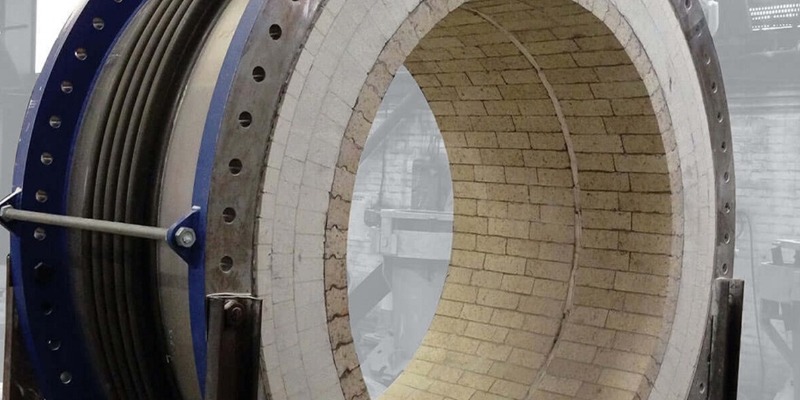
The Indian refractory market, a key raw material supplier for the production of steel, cement and glass, is experiencing a steep fall in demand due to lower activity in construction and infrastructure segments.
The refractory makers believe that the steel products demand will likely turn their operations on. Currently, due to safety norms issued by the government, stalled exports, and lower demand in the steel products is causing worry for refractory makers.
The government has eased lockdown restrictions to resume production and resume supplies inter-state. Refractory makers are of opinion that business will stabilise by the third quarter.
Refractories are ceramic materials, typically shaped as bricks, designed to withstand very high temperatures and are widely used to manufacture steel, non-ferrous metals, cement, glass, ceramic products etc.
The Indian refractory market was sized an estimated Rs 9,000 crore as of last year, with the domestic steel industry by far its largest customer. During the lockdown so far, almost all manufacturing plants were closed and transportation was difficult. Post lockdown, industries have started opening up but only following safety guidelines issued by the government. Sanitizer booths, special clothing requirements, maintaining social distancing in the process, and factory operations are some hurdles before refractories as per Indian Refractory Makers Association (IRMA).
Refractory makers were also disheartened as the government did not recognise refractories as part of steel industry to qualify under continuous process status. But on the positive side, steel plants now have started producing again, the biggest challenge is to ramp up production.
According to the data released by Joint Plan Committee (JPC), India’s crude steel output fell a record 69.5 per cent year-on-year in April to 2.8 million tonne, while demand contracted by a staggering 91 per cent.
Moving to steel, Indian steel exports rose by 29.5 per cent to 8.24 million tonne in its fiscal year ended March 31, 2020, according to the country’s Ministry of Steel. There was a big problem in Europe with the virus peaking in March and early April in Spain, Italy and Germany. Most mills were down or operating at reduced capacity and there was uncertainty in the market. This helped Indian steel companies to export.
Although the steel industry was allowed to operate, output slumped in line with the fall in demand from user industries. Domestic steel production has taken a substantial hit in the months of March, April and May when the country was under lockdown as most user industries witnessed halt in production. Some key segments like automotive and construction have worsened the situation of refractory makers. Considering the trend, refractory makers produced less than 15 per cent of their monthly production in April and May.
TRL Krosaki, a leading refractory maker in India wasn’t allowed to keep four of its five manufacturing units open. Sunanda Sengupta, Executive Vice President-sales, marketing and customer care, TRL Krosaki, expresses, “We fell to 30 per cent in April from capacity utilisation of 100 per cent in the second week of March. About 80 per cent of the sales traditionally has been to steel mills.â€Â
“There is no demand in the market, Our Odisha facility has a big production challenge due to the workplace safety norms, though having permission to operate. Even though steel plants are increasing operations this month, our outlook has not improved significantly. It might take until the third quarter to normalise,†he adds.
Meanwhile, it is expected that the infrastructure projects will come to normal by last quarter and will slowly speed up specific steel demand for structural steel work equipment which is much in demand, dumpers, trucks, other equipment. This is also expected to help the refractories and steel plants at large.
Learn more about new steel grades with properties like strength and resistance.
Related Stories
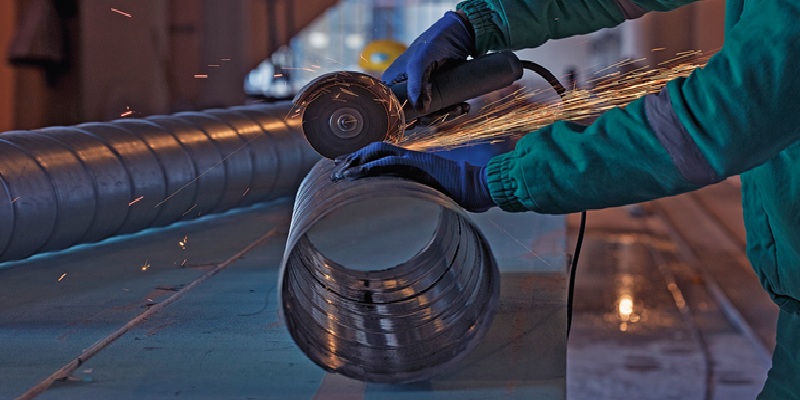
Resilience in Metal: Forging the Make in India Future in a VUCA World
The article examines how India’s stainless steel sector can turn global volatility, CBAM and supply risks into strategic advantages through sustainability, quality enforcement and digital tra..
Read more
Steel Sector Holds the Key to India’s Manufacturing Resilience
India’s steel sector is emerging as a strategic pillar in strengthening manufacturing resilience amid global volatility, supporting infrastructure growth, self-reliance, and long-term industrial c..
Read more
Hi-Tech Pipes Starts Commercial Output at Kathua Plant
New Jammu unit boosts capacity and strengthens northern market reach
Read moreRelated Products
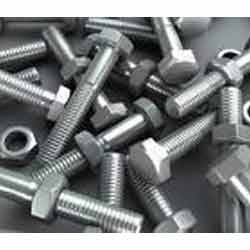
Industrial Bolts
Micro Metals is a provider a wide range of
industrial bolts.
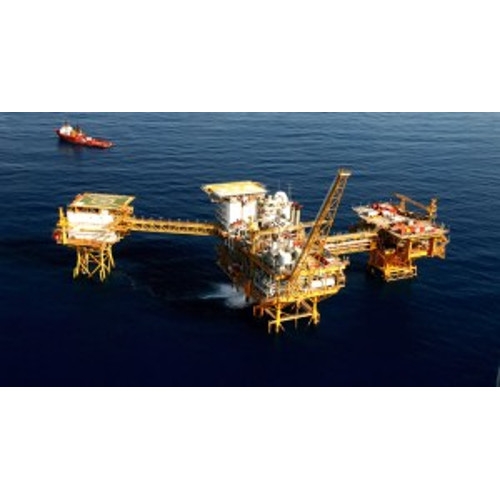
Alloy Stainless Steel
Shalco Industries Pvt Ltd offers alloy stainless steel.
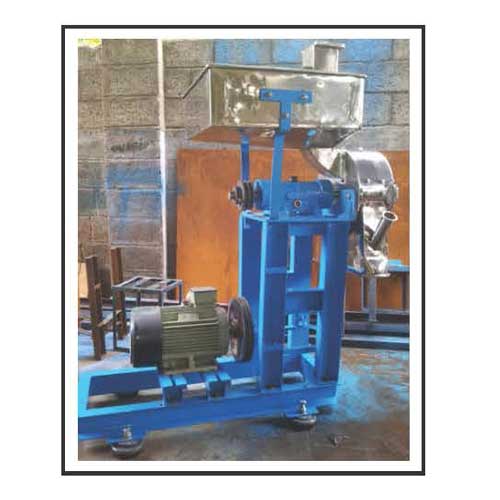
Stainless Steel Pulverizers
Sree Valsa Engineering Company offers a wide range of stainless-steel pulverisers.














